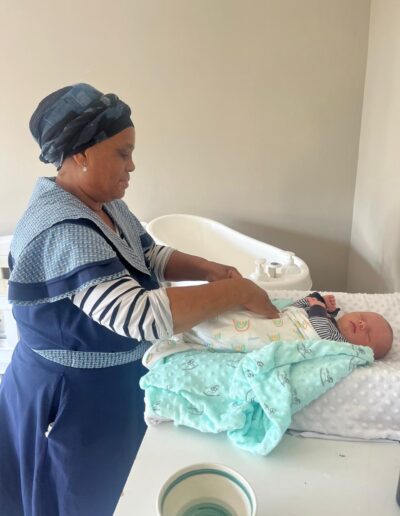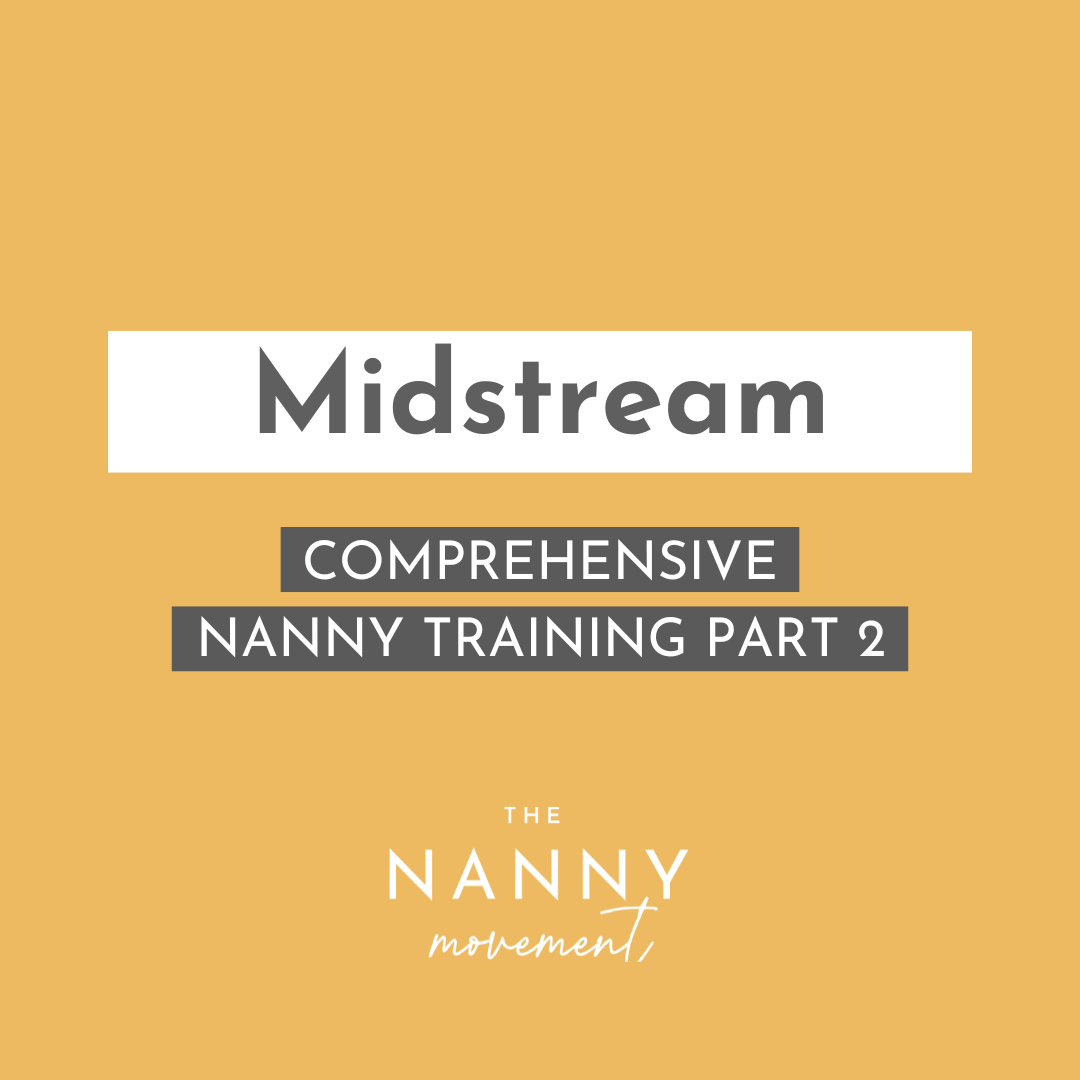Nanny training blog:
Attachment is the deep emotional bond that forms between a child and their primary caregiver, usually a parent or caregiver, which significantly influences the child’s development and future relationships.
This bond is fundamental for a child’s sense of security and well-being. Attachment develops through consistent and responsive caregiving, where the caregiver meets the child’s physical and emotional needs.
Types of attachment
Secure Attachment:
The child feels safe and confident that the caregiver will provide comfort and support.
Insecure Attachment:
The child may feel anxious, neglected, or confused about the caregiver’s availability and responsiveness
Importance
Emotional Development:
A secure attachment helps children develop trust, self-esteem, and emotional regulation.
Social Skills:
It lays the foundation for healthy social interactions and relationships.
Cognitive Development:
Securely attached children are often more curious and eager to learn, as they feel safe exploring their environment.
Long-term impact
The quality of early attachment can influence an individual’s future relationships, emotional health, and overall well-being. The long-term impact of attachment is profound, affecting various aspects of an individual’s emotional, social, and psychological development. The type and quality of attachment formed in early childhood can influence behavior, relationships, and mental health throughout life.
The long-term impact of secure attachment:
Emotional regulation:
Individuals with secure attachments typically develop better emotional regulation skills, allowing them to manage stress and navigate emotional challenges effectively.
Self-Esteem and confidence:
Securely attached individuals often have higher self-esteem and confidence, as their early experiences provided a strong sense of worth and security.
Healthy relationships:
These individuals are more likely to form and maintain healthy, trusting relationships. They are better at empathizing, communicating, and resolving conflicts.
Resilience:
Secure attachment fosters resilience, enabling individuals to cope with adversity and bounce back from setbacks more effectively.
Mental health:
A secure attachment foundation is linked to lower rates of mental health issues such as anxiety, depression, and attachment disorders.
The long-term impact of insecure attachment:
Emotional dysregulation:
Individuals with insecure attachment may struggle with managing their emotions, often experiencing intense anxiety, fear, or anger.
Low self-esteem:
Insecurely attached individuals might have lower self-esteem and self-worth due to inconsistent or neglectful caregiving.
Relationship difficulties:
They may have trouble forming and sustaining healthy relationships. Issues such as trust problems, dependency, avoidance, and difficulties with intimacy are common.
Increased vulnerability to mental health issues:
Insecure attachment is associated with higher risks of mental health disorders, including anxiety, depression, and personality disorders.
Behavioral problems:
Children with insecure attachment might display behavioral issues such as aggression, withdrawal, or difficulty in school settings.
How to foster healthy attachment
1. Consistency: Be reliably, present, and responsive to the child’s needs.
2. Sensitivity: Respond to the child’s emotional cues with understanding and empathy.
3. Positive Interaction: Engage in meaningful, joyful activities that promote bonding.
4. Support Exploration: Encourage the child to explore their surroundings while providing a secure base for them to return to.
How can my nanny build a secure attachment with my child and how important is this?
While a nanny cannot replace the unique bond between a parent and child, they can complement it by:
- Reinforcing routines
- Engaging in educational and play activities
- Provide attentive care.
- Effective communication between parents and the nanny is key to ensuring the child’s needs are met and maintaining a cohesive caregiving approach.
Useful sources:
- For those interested in nanny training, visit The Nanny Movement website for more information.
- If you’re curious about our recruitment process, be sure to check out our comprehensive guide: Recruitment Process: Everything You Need to Know.

